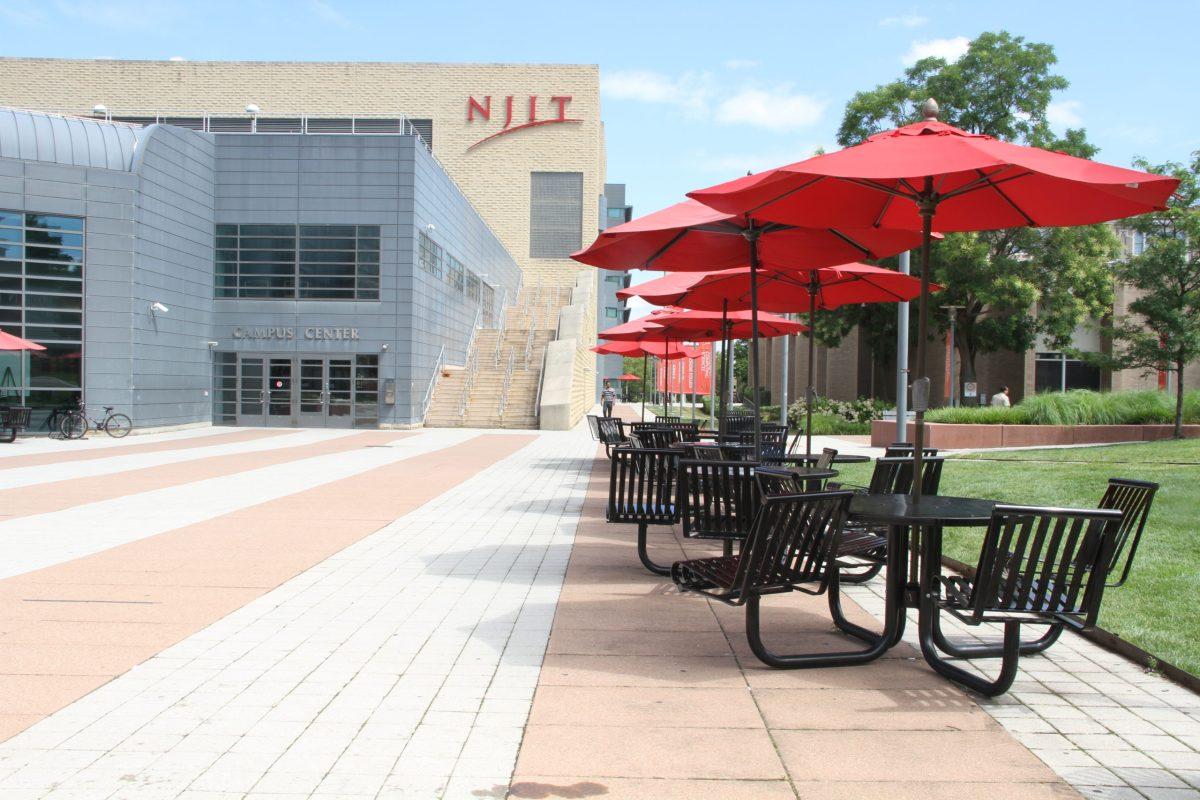On Oct. 5, the first ever NJIT Campus Climate Study survey went live and every enrolled undergraduate and graduate student, staff and faculty are strongly encouraged to participate. The purpose is to measure inclusiveness and feelings of belonging within the NJIT community. With the assistance of Rankin & Associates Consulting, the Climate Survey Working Group, which included faculty, staff and students, spent more than three months developing the survey, aiming to “get a sense of how the community — the students, faculty and staff — feels about our campus,” Dean of Students Marybeth Boger said.
In the absence of data directly related to Diversity and Inclusion, the student Diversity and Inclusion office, under the leadership of Jason Rodriquez, continues to lead initiatives that provide education in this area. The data collected from this survey will provide a better understanding of how we can “address current concerns or further enhance the good that is happening on our campus”, according to Boger.
Two summers ago, the tragedy of George Floyd’s death was highlighted, sparking the subsequent wave of the Black Lives Matter movement. Boger mentioned that although “there are always matters in life that make us think about issues of diversity,” this moment seemed especially crucial to get a response from NJIT’s community regarding how people feel being on the university’s campus.
The university was fortunate to have an opportunity to work closely with Rankin & Associates Consulting, who will analyze the data and present the findings to the community. The survey is truly anonymous and the hope is that the community will feel comfortable being honest about their feelings. The responses will not be tailored to the thoughts of Boger or any other senior authority figure at NJIT.
“The entire [Diversity, Equity and Inclusion] initiative is really important because it provides us an opportunity to better understand one another, which makes for a much richer campus when we consider each other as different individuals,” Boger said. “It’s also going for a deeper dive into how we feel about certain things, not just what we see on the outside.”
She underlined that while this is meant to be about the environment of campus, it may also affect academic matters, which is just as significant to bring up in the survey. For instance, if a student has felt discriminated against based on their gender, impacting their academic performance, where did the disrespect occur? The organization would then assess the different sectors of campus to determine what parts need to change and have a more welcoming environment that allows all students to achieve their academic best.
While the pandemic was not a deciding factor on when to release the climate survey, there will be more emphasis on holding focus groups once the pandemic passes, as they require more interaction among people. These groups would help discuss specific matters with students, staff and faculty. The current survey is not “end all be all; the survey is the beginning of the next conversation about where we really need to focus,” Boger explained.
Regarding present diversity matters that have been brought up, she said that “there’s always a desire for more knowledge.” “Currently, there is a search underway for a Chief Diversity Officer”. The university is very committed to this initiative, there have been actions taken to incorporate more culturally diverse classes based on feedback from the NJIT community, and there are also additional suggestions in the process of consideration.
An article published on NJIT’s website last winter stated that “NJIT has become more diverse in recent years, with, for example, its percentage of female professors and Hispanic undergraduates each rising to 21% between 2014 and 2019.” This highlights that Climate Survey Working Group’s work with the climate survey is becoming increasingly essential to bringing a more welcoming and safer environment for all members of the NJIT community.
“The tagline of this initiative is, ‘Your campus, your voice.’ We won’t know how you feel unless you take the survey. It’s not just about student taking the survey; we want to collectively work with the students — collectively work with the community,” Boger emphasized. “What do we need to improve? What types of programs do students want? It can potentially come down to what we see on the walls of buildings; it can come down to the food at GDS, what’s sold at the bookstore. There are lots of things we can do, but we won’t know the direction to go in [without community input in the survey.]
“The student voice is important and we want to encourage students to take the survey – ‘be the change you want for your campus.’” As a small incentive, there are also various prizes that can be won as a result of completing the survey, including Uber Eats gift cards, tickets to Hershey Park, electric scooters, a Nintendo Switch and an Oculus Quest. While these are here to encourage participation in the survey, it is important to realize the impact each form of feedback can have on the rest of the NJIT community. “It’s our campus, our voice,” Boger said, and filling out the campus climate survey will allow Diversity, Equity and Inclusion to improve the campus for all members, students, faculty and staff alike.
If anyone has any questions or concerns, feel free to reach out to Boger or Rodriquez to get more information!
































